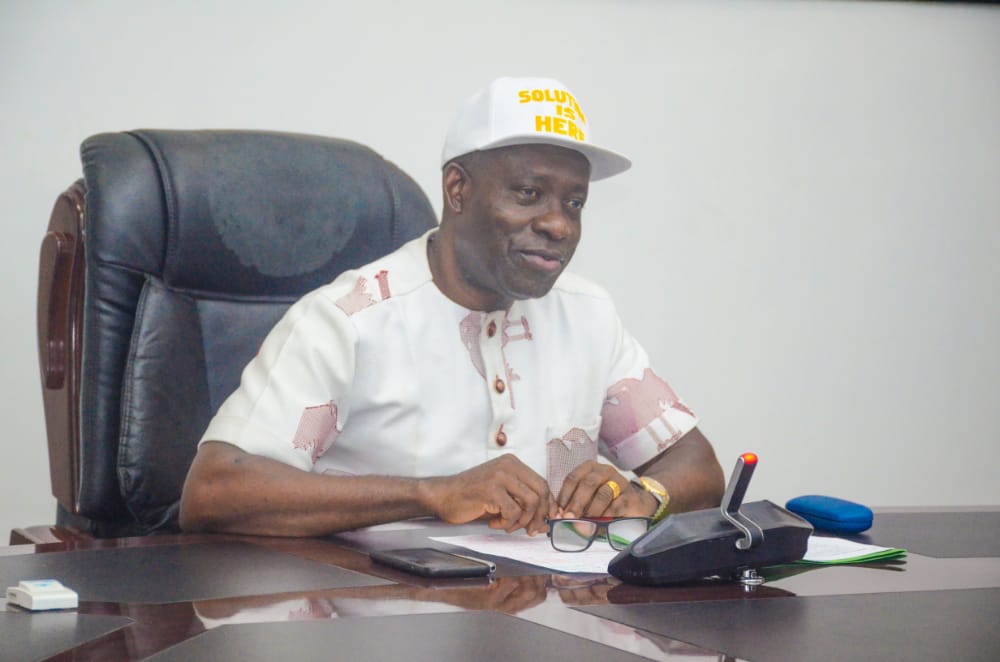Anambra State Non-indigenous Stakeholders Association (ANISA) has warned of consequences of collapse of the economy should its members withdraw their services over continued profiling.
The President General of ANISA, Great Ugwuoke, who mulled the option of withdrawal of service in an interview with newsmen in Awka, yesterday, hinted that his members control 80 per cent of commercial activities, including transportation, agriculture, industries, trade commerce and artisanship occupations.
He noted that the greater percentage of revenue generated in the state, which is being used by the government to provide infrastructural facilities, among others, come from non-indigenes. He, therefore, called for fair dealings and Inclusiveness in the scheme of things.
Ugwuoke pointed out that the insinuation of profiling non-indigenes as perpetrators of crimes of kidnapping and other social vices pose credibility problems to his members.
While noting that some of the members have lived in the state for close to 30 years and have their households working and schooling in the state, he said there’s no way his members would engage in breach of peace, because it would affect their overall interest.
He said that his members have been meeting up with their civic obligations, including paying taxes and levies, regretting that the hardship associated with multiple taxes on his members is affecting their progress.
The ANISA boss condemned the recent enforcement of resident permit by youths in a particular village in Oba, in Idemili South Local Council of the state, who, he claimed, broke into residences and seized properties of non-indigenes for non-payment of the permit levy.
He added that such action sends wrong signals, and a dangerous precedent.
Ugwuoke disclosed that his leadership is not in support of non-indigenes who engage in crimes, but due diligence should be done to properly identify them, as some hoodlums drop names as non-indigenes, while they’re not.
He revealed that a task force has been set up to look into various issues of excesses, intimidation and security challenges in the state as they affect non-indigenes.






